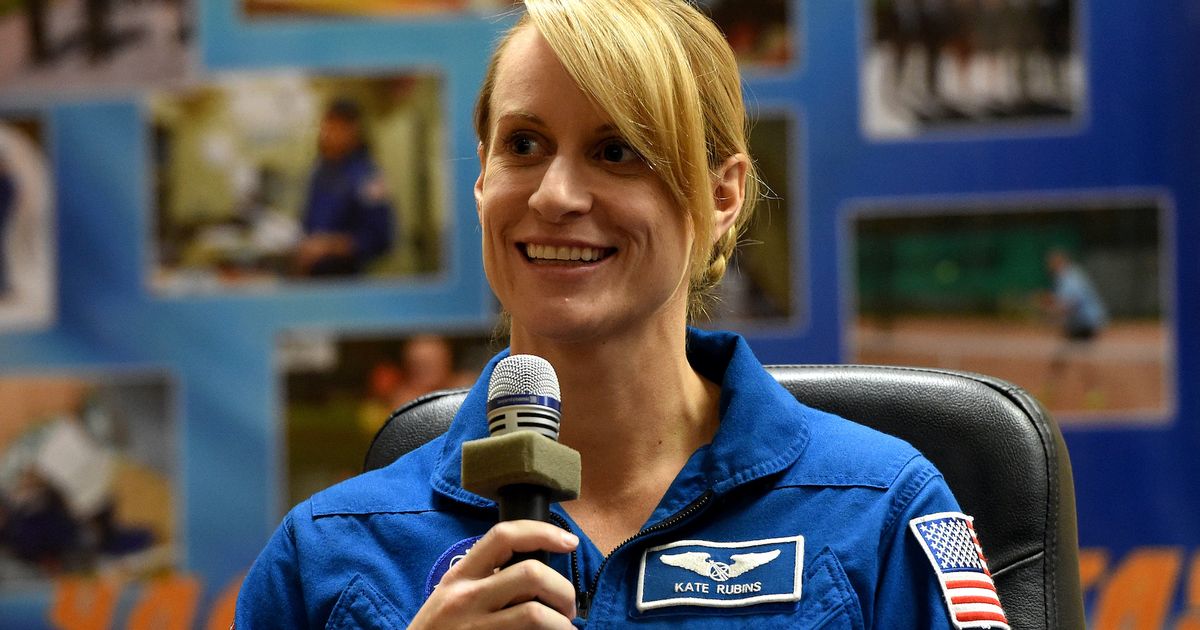
In the early days of space travel, astronauts only stayed in orbit for a few weeks at most. But now that NASA and other space agencies launch missions that can last months, astronauts have to plan ahead to participate in important Earthly events, like the November 2020 election.
Kate Rubin, a NASA astronaut who will begin a mission at the International Space Station in mid-October, already has a plan to vote from space, and she shared her thoughts on the process with The Associated Press:
“I think it’s really important for everybody to vote,” Rubins said. “If we can do it from space, then I believe folks can do it from the ground, too.”
[embedded content]
American astronauts have had the ability to vote from space since 1997, when a bill in the Texas state legislature passed to allow the process. Since most NASA astronauts live in Texas, there was no need for the bill to cover other states.
In the 23 years that have passed since the bill cleared, many long-term visitors to the cosmos have voted from space, and a CNN article on the process noted that “celestial votes have been cast in almost every election cycle.”
In order to cast a space ballot, an astronaut whose time in orbit is likely to coincide with an election has to apply for a federal post card application several months before November. Once that card is sent and they are approved, the county clerk’s office in the astronaut’s earthly hometown has special instructions to send their spacebound citizen an electronic ballot via mission control.
The astronaut then uses a password protected link to complete their electronic ballot and sends it back to mission control, which forwards it back to the county clerk for the official count. To preserve privacy, only the astronaut and the clerk have the password to access the ballot.
For the astronaut, the process is a slightly more high-tech version of filling out an absentee ballot, but amounts to the same effort an at-home citizen takes to cast an Earth vote. Kate Rubin’s post card application is already in, so she’s good to go for November’s election — but just because her voting plan involved a few months of planning in advance doesn’t mean it’s too late to make your own plan for Nov. 3.
Here are resources on how to protect your mail-in ballot (if you’re voting by mail), how to encourage others to vote, and information on Stephen Colbert’s “Better Know a Ballot” voter education video series.
